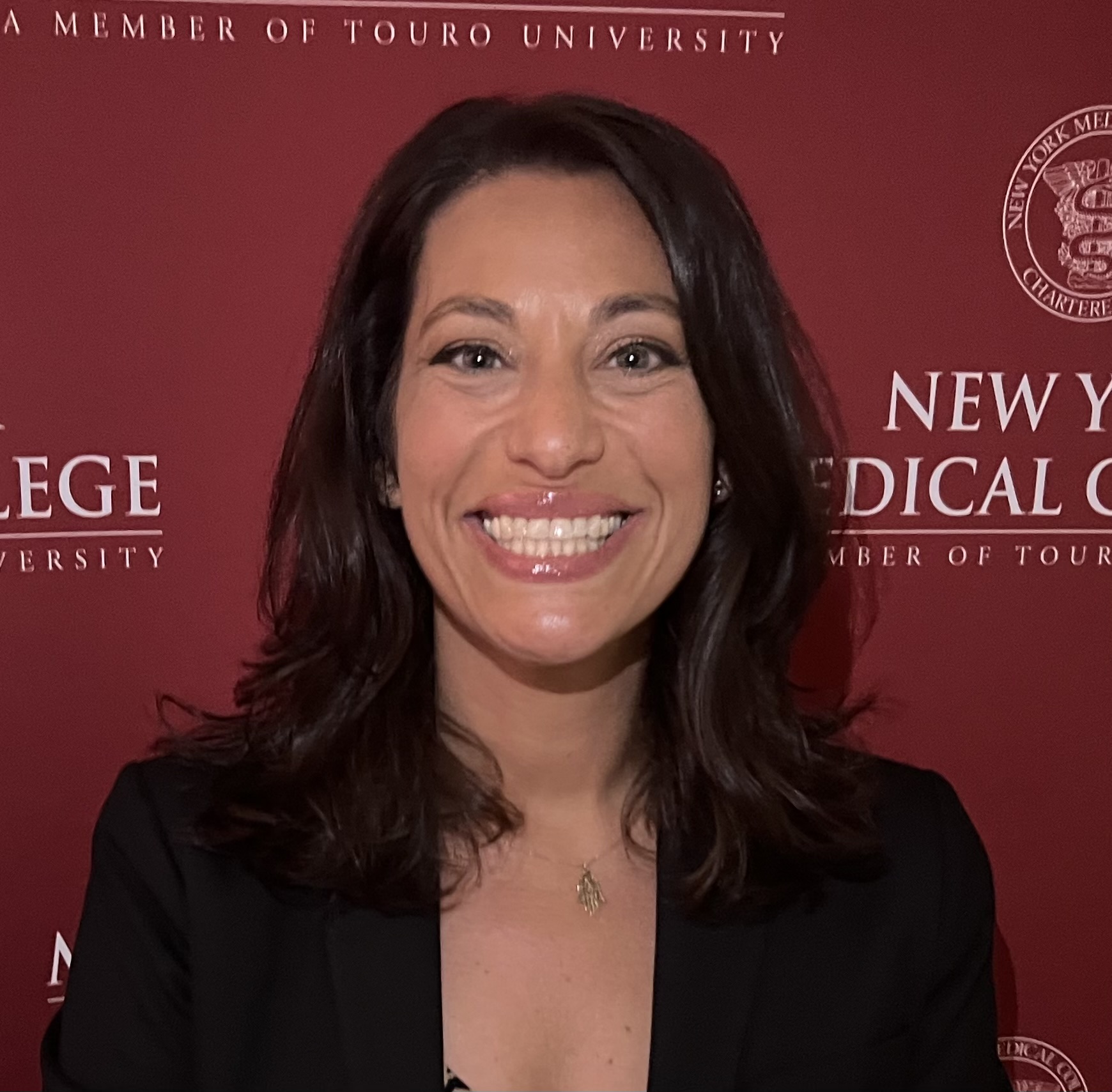The Office of Student Mental Health and Wellness Prioritizes Student Well-Being
The Office Supports Students’ Needs When and How They Need It

The Office of Student Mental Health and Wellness (SMHW) nurtures the well-being and welfare of New York Medical College (NYMC) students through free and confidential services 24/7 from counseling sessions to pet therapy. Robin Hershkowitz, M.S.W., LCSW-R, senior director of SMHW and clinical assistant professor of psychiatry and behavioral sciences, highlights the wide-range of services the Office has to offer and new developments for the school year.
What are the responsibilities of the Office of SMHW?
The Office of Student Mental Health and Wellness works with individuals to support and help them achieve mental and emotional well-being. Our clinicians deliver high-quality counseling services, evaluation and support, when, where and how students need it. Our data-informed interventions are based on best practices and are responsive to our diverse student population. We serve as a resource to the larger campus community through collaboration, outreach, consultation and training. We join in the mission of the College to support student success, maximize retention and provide students with a positive educational and emotional experience. Our work compliments institutional policy and advances understanding and respect for all individuals’ mental health and well-being.
How would you describe the day-to-day functions of the Office of SMHW?
All clinicians provide individual in-person and virtual counseling for all students at NYMC and Touro College of Dental Medicine daily. All of our services are free and confidential. We are supporting students whose needs can range from working through a recent break up to depression to thoughts of self-harm. In addition to counseling, we offer time-limited support groups that are skills-based and designed to address challenges, such as anxiety and stress. We also offer and manage the Teladoc virtual care service, which also provides additional counseling and psychiatric assessment and treatment. Part of our greater role is prevention and early detection of needs, as well as rapid response to treating these conditions so that it does not impede students’ ability to function optimally. This is achieved through our clinical work and well-being programming. Throughout the academic year, we deliver excellent psychoeducation events and workshops designed to address both personal and professional well-being. For example, we recently facilitated a session on managing anxiety related to anatomy lab, and next month we will have an expert speaker on understanding ADHD and reframing perception of this condition. We also offer wellness activities, such as pet therapy, weekly yoga and mindful medicine meditation classes. We are always considering how best to support students’ overall well-being in a holistic manner. This is primarily delivered through individual counseling, but we also advocate for students, participate in student-led activities and clubs and work with faculty and staff to better understand student’s needs.
What do you find most interesting or most rewarding about working in the Office of SMHW?
The students! They allow us to be a part of their personal journey in a unique way. We are allowed to know and see them at their most vulnerable and help them through a challenging time in their lives. People do not seek therapy when life is good. Therefore, it is truly an honor and privilege to work here and with such talented and dynamic individuals during a pivotal time in their lives.
Is there a fun fact or best kept secret about the Office of SMHW?
The office of SMHW cares for about 18 percent of the total student body, and students average 7 visits per person with our clinicians.
What is one useful tip you can give to the NYMC community about the Office of SMHW?
At orientations, I tell the students to please come to us when they smell smoke, and not wait until they see fire. It is not that we will not or cannot help at any time, but we are best able to help when students are referred or come to us at the first sign of a problem or concern. The sooner we can identify and treat the challenge the less likely it is to impact a student. There is a cost associated with everything, such as time and money, but what is the cost of not addressing your mental health? It is my hope that everyone prioritizes their mental health and well-being.
What would you like for the NYMC community to know?
We truly value and welcome student and faculty feedback, input and engagement. We work diligently to partner with students formally and informally to understand their needs and deliver these needed services in the way students want them. We invite students to always reach out to us with ideas, thoughts and feedback. We are always available and ready to listen. We offer a significant amount of support and someone is available 24/7 through our telephone support line, 1-855-384-1800.
Starting this Fall 2023, we are offering a new initiative to further enhance our partnership with students. We have created a Wellness Ambassador program, which will begin this October. These are student volunteers who help create a culture of whole-person wellness within their graduate program by promoting participation and engagement in wellness programs, services and events. We have already received a strong positive response and will continue to accept volunteers throughout the year.
